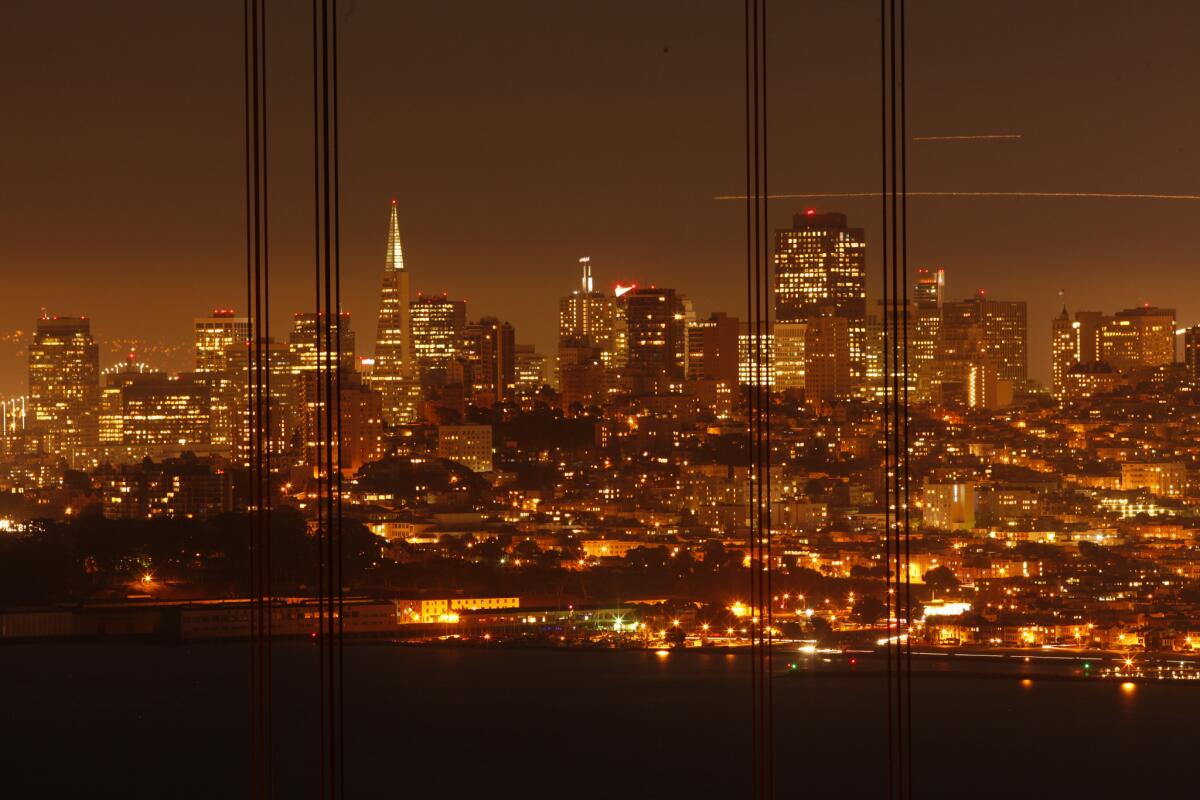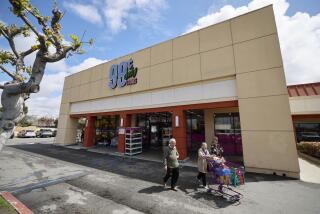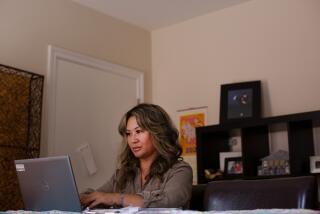San Francisco deploying coronavirus detectives to trace spread and help begin recovery

SAN FRANCISCO — San Francisco city officials said Wednesday they are ramping up a contact tracing project that they hope will eventually be deployed throughout the Bay Area during the COVID-19 pandemic.
City officials said that so far 50 librarians, city workers and medical students have been trained to do the tracing. The project will deploy an app developed by Dimagi Inc., a for-profit software company that has been working with the federal Centers for Disease Control and Prevention.
Dr. Grant Colfax, San Francisco’s director of public health, said at a news conference that the city hopes to have 150 people trained in two weeks. The city now has English- and Spanish-speaking tracers but needs to expand to workers fluent in Mandarin, Cantonese and Tagalog, he said.
These workers will contact people who have been in contact with a person who has tested positive for COVID-19 and then check in daily, either by text or telephone, to monitor symptoms.
Colfax called contact tracing “the bedrock of good public health.” The city is partnering with UC San Francisco on the project.
He said it was essential that the public cooperate with the trackers — there have been instances in which people have refused — and stressed that the screening would be done confidentially and that no information would be given to immigration authorities.
“We are not going to be asking for sensitive information or Social Security numbers or citizenship status,” Colfax said. “We are asking for information that we need to ensure that person is as safe as possible.”
Mayor London Breed said at the news conference that when the time comes to consider relaxing some shelter-in-place restrictions, contact tracing will be crucial to protecting public health.
“We need this contact tracing program in place so that we’re equipped to respond to new cases and keep the virus from spreading out of control,” she said.
The city is increasing coronavirus testing, but there continues to be a shortage of swabs and of what Colfax called “the gunk” placed on the swab to stabilize the sample as it is transported to a machine.
“The biggest barrier is the instability of the supply chain,” he said. “I do not know on a regular basis how many swabs we can expect.”
Police Chief William Scott, who also spoke at the news conference, said people should not go to San Francisco for the annual April 20, or 4/20, celebration of marijuana. Streets will be closed, and places where cannabis smokers have gathered in the past will be fenced off, he said.
“If we have to cite, we will,” he said. “If we have to arrest, we will.”
The city continues to have trouble with tent encampments. A city official in charge of homeless work said officials go out to these encampments regularly to explain the pandemic and to insist that tents be moved six feet apart. But when they return to the same block the next day, a new tent has been placed in the six-foot space, the official said.
More to Read
Sign up for Essential California
The most important California stories and recommendations in your inbox every morning.
You may occasionally receive promotional content from the Los Angeles Times.











